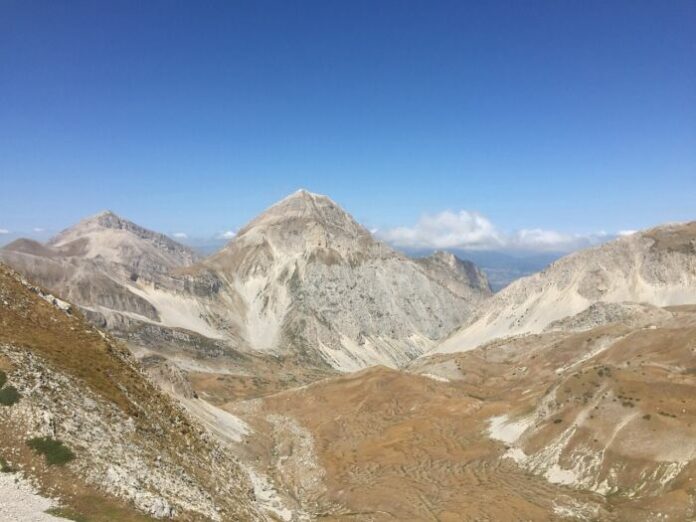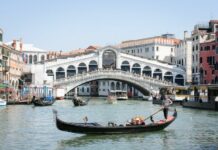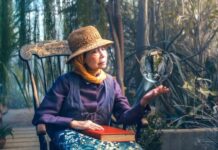
The inner landscape responds to the quality and complexity of an outer landscape; the shape of the mind is shaped by the geographical location of the individual as much as it is by genes.
Barry Lopez
By places we can allow ourselves to be penetrated, to become vulnerable …
From places we can let ourselves be penetrated, become vulnerable… Atlante Appennino is a hybrid work, where narrative, essay, images and biography come together in a precarious and sketchy mapping of an Apennine territory, exercised through the use of ecobiography, a practice that Elisa Veronesi takes from the French philosopher Jean-Philippe Pierron.
The Apennines crosses these heterogeneous writings to become a mobile palimpsest and the otherness necessary to find oneself. Through the mediation of the ecological otherness of places, plants and animals, we regain the measure of a living that has slipped out of our hands and of a time that, hastily, we have smoothed over to an eternal present. Listening, between observation and remembrance, ecobiography writes (graphein) and narrates the interaction between life stories (bios) and environment (oikos), showing the inseparable links between ourselves and the world.
Ecobiography is an immersion in the multi-sensoriality of the child, which is inextricably linked to the earth and the places where we were born. It is a new ‘know thyself’, where that ‘thyself’ is not limited to the self, but expands to include all living things, demonstrating their interdependence.
Eco-biography springs from the interaction of the Self with the external environment, with Nature, and its multiple exchanges represent a kind of ecosystem of the Self. It is impossible to say where the Self ends and Nature begins, or where Nature ends and the Self begins: ego and eco are inextricably intertwined.
A world has ended. According to some, a geological era. The transformations dictated by the climate crisis are changing the planet and living beings, making manifest the links between them. Investigating these new relationships leads us to redefine the human and broaden the scope of relationships. Cartographing the Apennines through composite writings and narratives, biographical fragments and philosophical thought moves from the need to go beyond an anthropocentric approach, to draw new maps and poetic analyses of space. Rummaging through the bogs of the deep history of this still little explored place, as cumbersome as it is elusive, we venture into exercises of variation of the imaginary, to create new narrative identities in motion.
The Apennines is a phasma (phantom) in its perfect adherence to the surface, refractory to objectifying itself into something you can truly define, quiet in remaining always elusive. At most a shimmer in the refraction of light, which you can glimpse along a road leading to a pass, or in a forest, among the fir trees, on the edge of the rugged basin of a mountain, and in the stories we can tell, in the possible narratives that become tools for common imaginative practices.






































